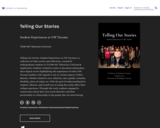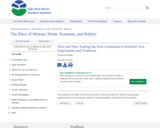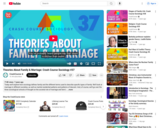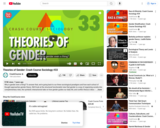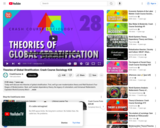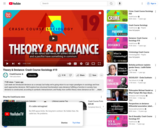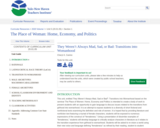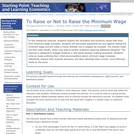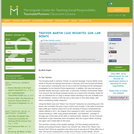Student Experiences at UW Tacoma
Short Description:
Telling Our Stories: Student Experiences at UW Tacoma is a collection of video stories and reflections, created by undergraduate students in TCOM 347: Television Criticism & Application. Students worked in teams to document and produce short digital stories highlighting the experiences of other UW-Tacoma students with regards to one or various aspects of their identity, whether related to race, ethnicity, class, gender, sexuality, disability, place of origin, etc. With the goal of understanding how students' identity, and overall way of seeing the world, affect their college experience. Through this work, students engaged in conversation about their own social identities and their positionality in relationship to the people they are interviewing.
Long Description:
The Telling Our Stories project is designed so students work in teams to document and produce short digital stories highlighting the experiences of other UW-Tacoma students with regards to one or various aspects of their identity, whether related to race, ethnicity, class, gender, sexuality, disability, place of origin, etc. The goal is to understand how student’s identity, and overall way of seeing the world, affect their college experience, whether in the classroom or on other spaces across campus.
Through this course, students have engaged in conversation about their own social identities and their positionality in relationship to the people they are interviewing. The project employs different elements of pre-production, production and post-production, skills the students have begun to learn through this class. In addition to the videos, students have also developed this online platform where the work can be viewed and made accessible to the public.
Word Count: 6820
(Note: This resource's metadata has been created automatically by reformatting and/or combining the information that the author initially provided as part of a bulk import process.)

